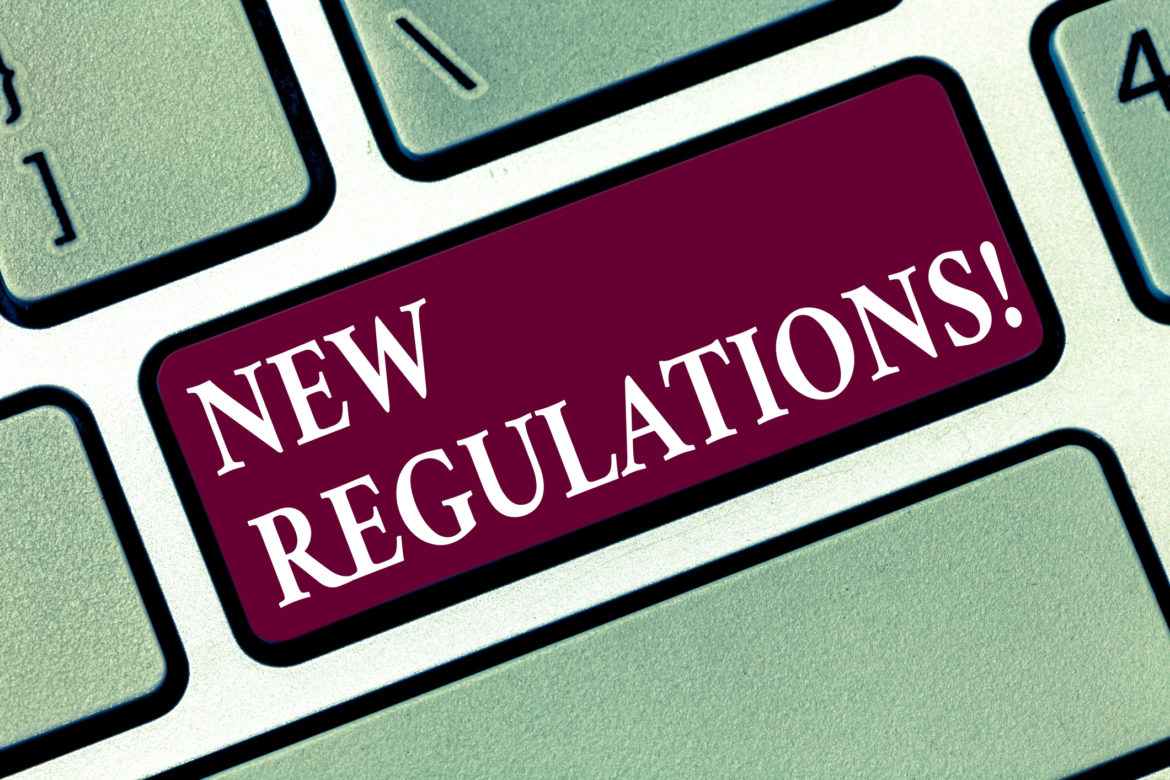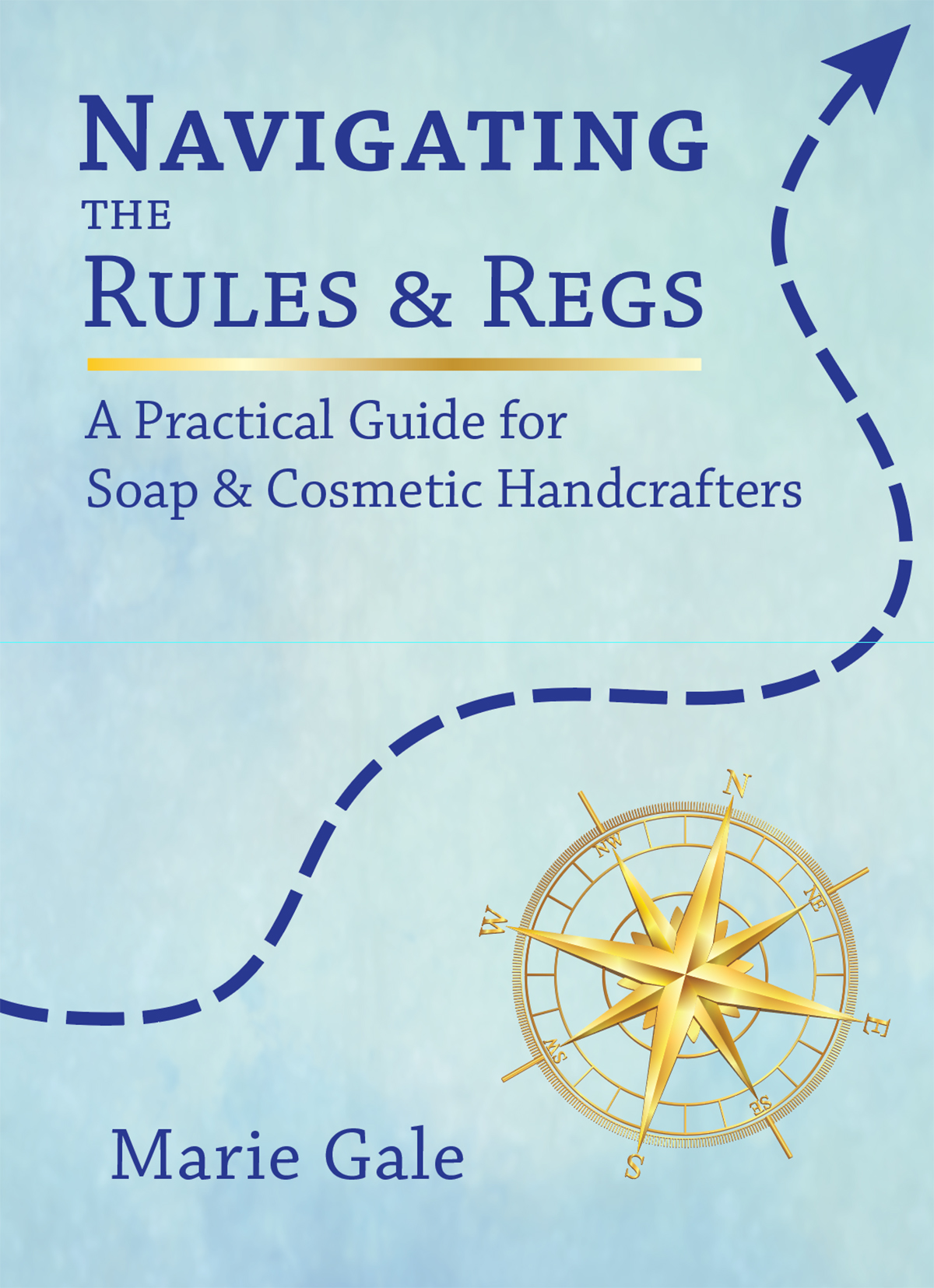The Federal Trade Commission already has a guidance covering endorsements, testimonials and reviews, but they don’t have much in the way of “teeth” for enforcement. Now the FTC is initiating the rulemaking process to put some enforceable regulations in place.
What’s The Problem?
According to the Federal Trade Commission Chair, Lina M. Khan:
Online shopping runs on reviews. When you’re in a brick-and-mortar store, you can see the inventory. If it’s a couch, you can sit on it. If it’s a TV, you can watch it. But when you’re shopping online, it’s much harder to know what you’re actually buying. That’s why reviews are so crucial. If 500 other people have bought something and say it works, you can have a lot more confidence.
But what if those people were paid to leave those positive reviews? Or what if they’re bots? What if the seller is hiding a thousand one-star reviews?
That’s the dilemma when you shop online. Reviews are essential, but it’s hard to know when they can be trusted. Precisely because of the importance of reviews, firms can face powerful incentives to game the system. Businesses have been caught leaving positive reviews for their own products or services, suppressing negative ones, and boosting bad reviews of their competitors. The incentives extend beyond the seller of the product itself. The platforms that host reviews may also, in some instances, benefit indirectly from fake ratings and endorsements and have financial incentives to turn a blind eye to misconduct that brings in revenue.
These practices don’t only harm the consumers who place their trust in fake reviews. They also pollute the marketplace and put honest businesses at a competitive disadvantage.
Bogus endorsements, testimonials and reviews can be awful for small businesses who are trying to get out there and get their products honestly and truthfully promoted and known to potential consumers. Being the effect of “bad actors” can be devastating.
What’s Being Done?
The FTC has initiated an “open rulemaking process.” That means that they follow a procedure which gives all the interested parties multiple opportunities to participate in and provide information for the rulemaking process.
The entire process is recorded online at www.regulations.gov.
Step 1 – Comments
The first step is the FTC’s announcement of the rulemaking process in the Federal Register, with a request for comments. The request for comments is also available to review at www.regulations.gov.
The main (first three) questions they are seeking to get answers to are:
Directly from the Regulations:
(1) How widespread is the marketing of products or services using:
a. reviews or other endorsements by nonexistent individuals or by those who did not actually use or test the product or service;
b. reviews or other endorsements by individuals who are misrepresenting their experiences with a product or service;
c. review hijacking (where a seller steals or repurposes reviews from another product);
d. paid or incentivized consumer reviews that were required to be positive or required to be negative (if of a competitor’s product);
e. consumer reviews written by the owners, officers, or employees of the company offering the product or service, or their family members; or
f. websites or other organizations or devices that purportedly provide independent reviews or opinions of products or services but are in fact created and controlled by the companies offering the products or services?
(2) How widespread is the suppression of negative consumer reviews:
a. on retailer websites because the retailers filter out and do not publish negative reviews; or
b. by marketers threatening the authors of the reviews (other than through the form contract provisions prohibited by the Consumer Review Fairness Act)?
(3) How widespread is:
a. the sale of followers, subscribers, views, and other indicators of social media influence;
b. the purchase and use for commercial purposes of followers, subscribers, views, and other indicators of social media influence?
There are an additional 14 questions (total of 17) which mainly deal with personal or business experiences and suggestions on what might be done.
Comments were open until January 9, 2023.
All comments received were posted at www.regulations.gov.
Step 2 – Agency Review
Following receipt of the comments, the FTC will review them all and decide which ones are pertinent to the rulemaking process. That usually takes from weeks to months (although generally the FTC seems to be pretty fast at this process).
Once they have decided what they will and won’t use, they come up with proposed regulations, which are posted at www.regulations.gov.
Step 3 – Comments on Proposed Rules
Once the final rules are proposed, there will be a comment period. Interested parties can have their say about the proposed final rules.
Step 4 – Agency Review
After the end of the comment period on the proposed rules, the agency reviews the comments.
Depending on what they get, they might agree and amend the proposed final rule, or they might disagree and not make any changes in the final rule. If there are a lot of changes, sometimes they open it for another comment period, but that’s not common.
Step 5 – Issuance of Final Rule
At the end of all that, the final rule is issued and becomes part of the Code of Federal Regulations.
Sometimes it goes into effect immediately, but sometimes there is a time frame for people to get their act together and get compliant.
What Can We Expect?
First, it’s likely that there WILL be actual enforceable regulations/rules issued which cover endorsements, testimonials and reviews. It’s also likely that they will have some sort of penalty for violations.
Second, it’s unlikely that overall intent will change. The existing guidelines are pretty clear in their goal of ensuring that online endorsements, testimonials, and reviews are honest and that any personal connection or influence is disclosed.
The Current Guidelines
The current guidelines covering endorsements, testimonials and reviews are covered on my blog here: Endorsements, Reviews & Testimonials.
A pretty detailed summary of the FTC’s Endorsment Guides is also available on pages 146-151 of my book, Navigating the Rules and Regs (click the link below to Amazon).
Finally, If you want to read the Guidances on the FTC site, they are available here: FTC Endorsement Guides.



Leave a Reply